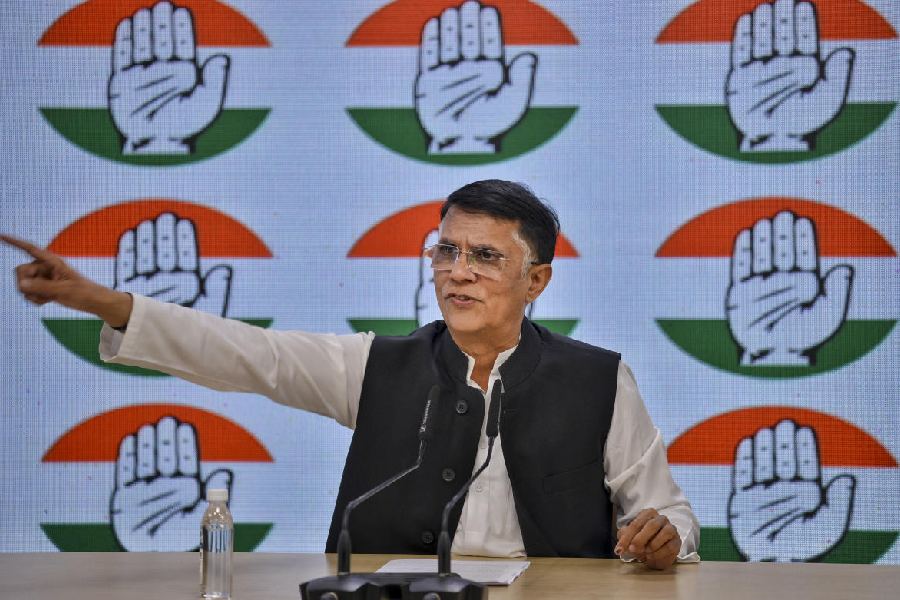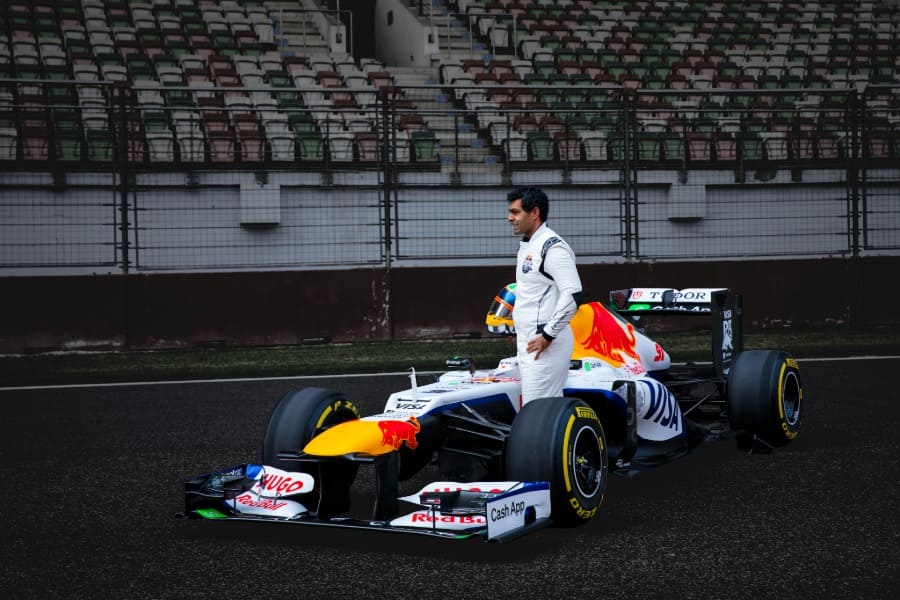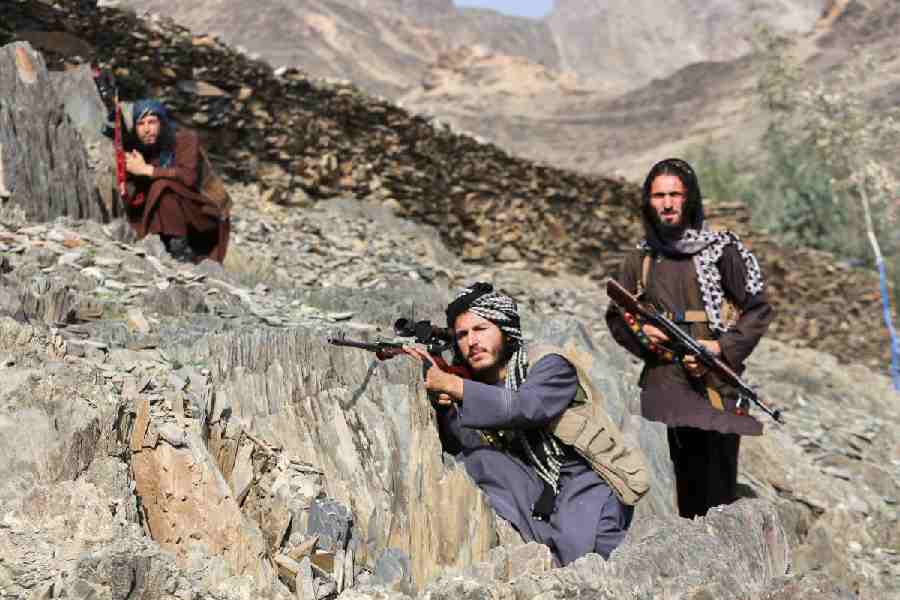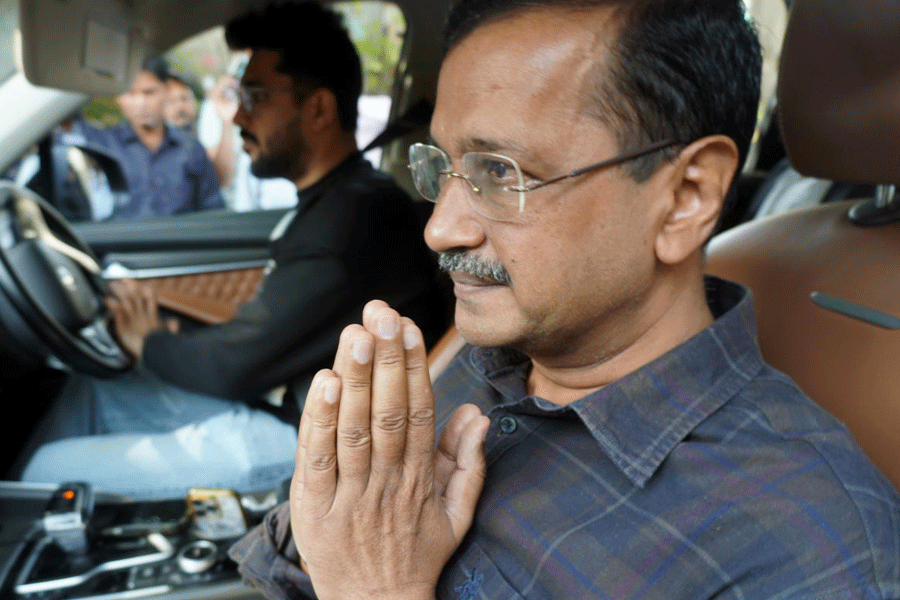Five years after the world was hit by the coronavirus pandemic and three years after negotiations began, member nations of the World Health Organization have finally agreed on a draft for a pandemic treaty designed to help the global community better prevent and respond to such public health crises. The agreement is aimed at averting the world’s fractious, faltering response to the Covid-19 pandemic which left many poor nations with limited access to vaccines and treatments. It would oblige wealthy nations to share key information on pathogens, as well as technology for interventions such as vaccines, with the rest of the world. The wealthiest of nations — the United States of America — though has been withdrawn from the WHO by President Donald Trump and will thus not be ratifying this treaty. This poses significant challenges regarding funds and scientific knowledge — the US, after all, is a powerhouse in medical research and has the deepest pockets. The treaty that has been ratified is also more limited in scope than the ambitious version initially proposed by the WHO because developed countries baulked at making firm commitments to share diagnostics, treatments, vaccines, and technology transfers. Developing countries, on the other hand, were reluctant to commit to sharing pathogen samples and genome sequences without guaranteed access to the tests, treatments, and vaccines developed using the shared material. It is a matter of shame that European nations extracted what amounts to agricultural and wildlife surveillance rights from African nations — there is justified concern about the misuse of these rights — before agreeing to share intellectual property rights that could save millions of lives. Most importantly, the draft treaty lacks any enforcement mechanism, meaning that in a crisis situation, there would be no means to ensure that countries comply with the terms to which they had agreed. The harsh divisions of the global order laid bare by the pandemic evidently remain unaddressed.
But the treaty achieves an important thing. It provides a roadmap for the future by taking a holistic view of health in the natural world and asks countries to take steps to reduce the risks of pathogens jumping from animals to humans. It also outlines the need to develop stronger national healthcare systems, including taking care of frontline healthcare workers, coordinating financial mechanisms, and setting up global supply chains and logistics networks. Adherence even to this watered-down treaty might help the world avert a situation as grave as the one triggered by the Covid-19 pandemic.











